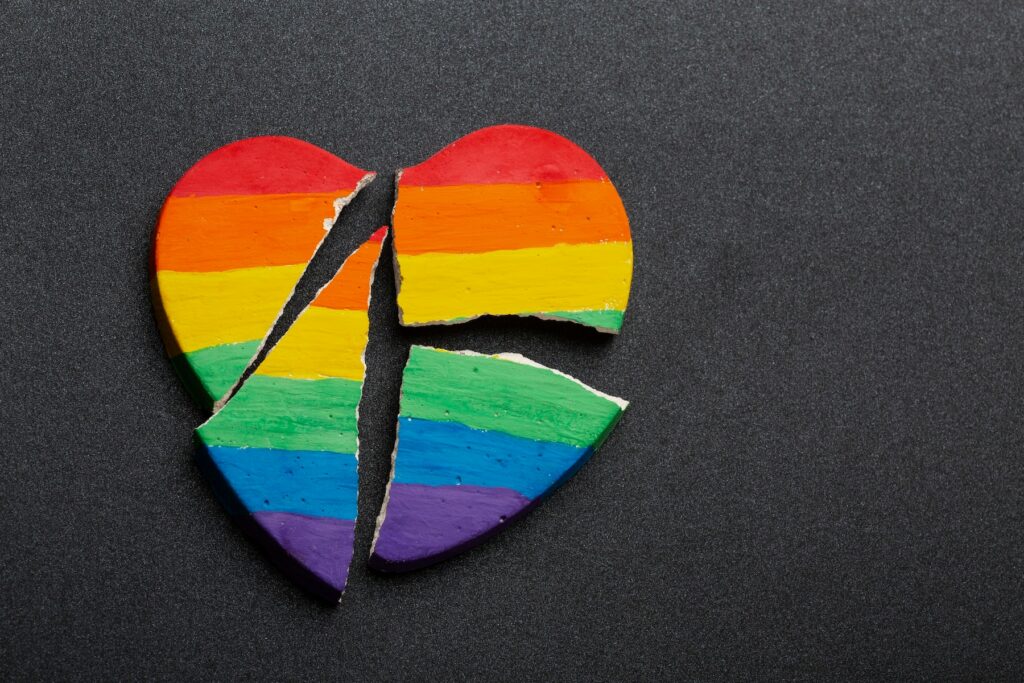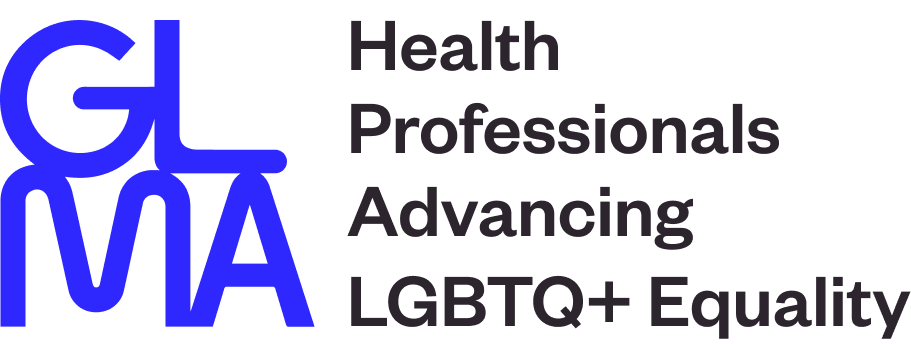In today’s diverse society, ensuring everyone receives equal and inclusive healthcare is crucial. Unfortunately, the LGBTQ community continues to face significant discrimination and barriers when seeking medical assistance. This pressing issue not only impacts the physical and mental well-being of LGBTQ individuals but also hinders progress toward a more inclusive and equitable society.
In this article, we will explore the various challenges faced by LGBTQ individuals in accessing healthcare and delve into practical strategies to combat discrimination.
The Impact of LGBTQ Discrimination on Healthcare Access

Discrimination against LGBTQ individuals significantly affects their access to healthcare and subsequently impacts their health outcomes. Studies have shown that LGBTQ individuals are more likely to face barriers such as denial of care, delays in treatment, and inadequate healthcare services.
These barriers can lead to a lack of preventive care, exacerbated health conditions, and increased healthcare disparities within the LGBTQ community. The fear of discrimination can discourage LGBTQ individuals from seeking medical assistance.
It is imperative to address these barriers and create an environment where LGBTQ individuals feel safe and supported in accessing healthcare services. Doing so can improve health outcomes and reduce healthcare disparities within the LGBTQ community.
Legal Protections for LGBTQ Individuals in Healthcare
To combat LGBTQ discrimination in healthcare, legal protections are essential. Many countries have implemented laws and regulations prohibiting discrimination based on sexual orientation and gender identity in healthcare settings.
There are several legal protections for LGBTQ individuals in healthcare in the United States.
These protections vary from state to state, but some of the most important include:
- The Affordable Care Act (ACA) prohibits discrimination in health insurance coverage based on race, color, national origin, sex, age, or disability. This includes discrimination based on sexual orientation and gender identity.
- The Civil Rights Act of 1964 prohibits discrimination in public accommodations, including hospitals and other healthcare facilities. LGBTQ individuals cannot be denied service or treated differently because of their sexual orientation or gender identity.
- The Americans with Disabilities Act (ADA) prohibits discrimination against individuals with disabilities, including transgender individuals. This means that healthcare providers cannot refuse to provide care to transgender individuals or deny them access to necessary services.
In addition to these federal laws, many states have also passed laws prohibiting discrimination against LGBTQ individuals in healthcare. These laws can provide additional protections for LGBTQ individuals and help healthcare providers know their legal obligations.
Understanding Unconscious Bias in Healthcare Settings
Unconscious bias is an inherent part of human nature. It refers to the automatic and unintentional stereotypes and attitudes we hold towards certain groups of people.
In healthcare settings, unconscious bias can manifest in various ways, leading to disparities in care and discrimination against LGBTQ individuals. Healthcare providers must recognize and address their unconscious biases to ensure equitable and inclusive patient care.
Training and education programs can be crucial in addressing unconscious bias in healthcare settings. These programs provide healthcare providers with the knowledge and tools to challenge their assumptions, reduce bias, and provide culturally competent care to LGBTQ individuals.
By promoting awareness and fostering a culture of acceptance, healthcare organizations can create an environment that is sensitive to the needs of LGBTQ individuals and ensures equal access to quality healthcare.
Creating Inclusive Healthcare Policies and Practices
Creating inclusive healthcare policies and practices is vital in combating LGBTQ discrimination. Healthcare organizations should develop comprehensive policies and guidelines that prohibit discrimination based on sexual orientation and gender identity.
These policies should outline the rights and protections afforded to LGBTQ individuals and provide clear procedures for addressing discrimination complaints. By implementing these policies, healthcare organizations send a strong message that discrimination will not be tolerated and that LGBTQ individuals will be treated with dignity and respect.
In addition to policies, healthcare organizations should strive to create inclusive practices that reflect the diverse needs of LGBTQ individuals. This can include providing gender-neutral bathrooms, training staff on LGBTQ cultural competency, and offering LGBTQ-inclusive health services.
By taking these steps, healthcare organizations can create an environment where LGBTQ individuals feel safe and supported, ensuring their unique healthcare needs are met without fear of discrimination.
Addressing LGBTQ-Specific Healthcare Needs
LGBTQ individuals often have specific healthcare needs that require specialized attention and understanding. These needs include access to LGBTQ-inclusive sexual and reproductive healthcare, mental health support, gender-affirming care, and HIV prevention and treatment. Healthcare providers must be knowledgeable about these specific needs and provide appropriate care and resources.
This can be achieved through ongoing education and training for healthcare providers, partnerships with LGBTQ-friendly organizations, and establishment of LGBTQ-specific clinics and services.
By prioritizing these needs, we can bridge the healthcare disparities faced by LGBTQ individuals and create a more equitable healthcare system.
LGBTQ-friendly Healthcare Resources and Organizations

There are numerous LGBTQ-friendly healthcare resources and organizations available to provide support and guidance to both healthcare providers and LGBTQ individuals. These resources can help healthcare providers enhance their knowledge and skills in providing LGBTQ-inclusive care and connect LGBTQ individuals with LGBTQ-friendly healthcare providers.
One such resource is the Gay and Lesbian Medical Association (GLMA), an organization dedicated to ensuring equality in healthcare for LGBTQ individuals and healthcare providers. GLMA offers resources, education, and advocacy initiatives to promote LGBTQ-inclusive healthcare practices.
Other organizations, such as the Human Rights Campaign (HRC) and the National LGBTQ Task Force, also provide valuable resources and support in combating LGBTQ discrimination in healthcare.
Case Studies of Successful Efforts to Combat LGBTQ Discrimination in Healthcare

Several case studies highlight successful efforts to combat LGBTQ discrimination in healthcare. One notable example is the Fenway Institute, located in Boston, Massachusetts.
The Fenway Institute is a leader in LGBTQ healthcare, offering comprehensive medical and mental health services to LGBTQ individuals. They have developed training programs for healthcare providers, researched LGBTQ health issues, and advocated for policy changes to improve the healthcare experiences of LGBTQ individuals.
Another example is the Los Angeles LGBT Center, which provides a wide range of healthcare services to LGBTQ individuals, including primary care, mental health services, and HIV/AIDS care. The center has implemented cultural competency training for its staff, ensuring that LGBTQ individuals receive respectful and inclusive care.
These case studies demonstrate the importance of proactive efforts in creating LGBTQ-inclusive healthcare environments. By sharing these success stories, we can inspire and encourage other healthcare organizations to take similar steps in combating LGBTQ discrimination and promoting inclusive care.
Conclusion
In conclusion, LGBTQ discrimination in healthcare remains a significant issue that hinders the well-being of LGBTQ individuals and the progress toward a more inclusive society. By recognizing the impact of discrimination on healthcare access and outcomes, understanding unconscious bias, implementing legal protections, and creating inclusive policies and practices, we can combat LGBTQ discrimination in healthcare.
Let us stand together to break down barriers and ensure that everyone, regardless of their sexual orientation or gender identity, receives the compassionate and inclusive healthcare they deserve.
Check out the app in Google Play Store and Apple App Store today!